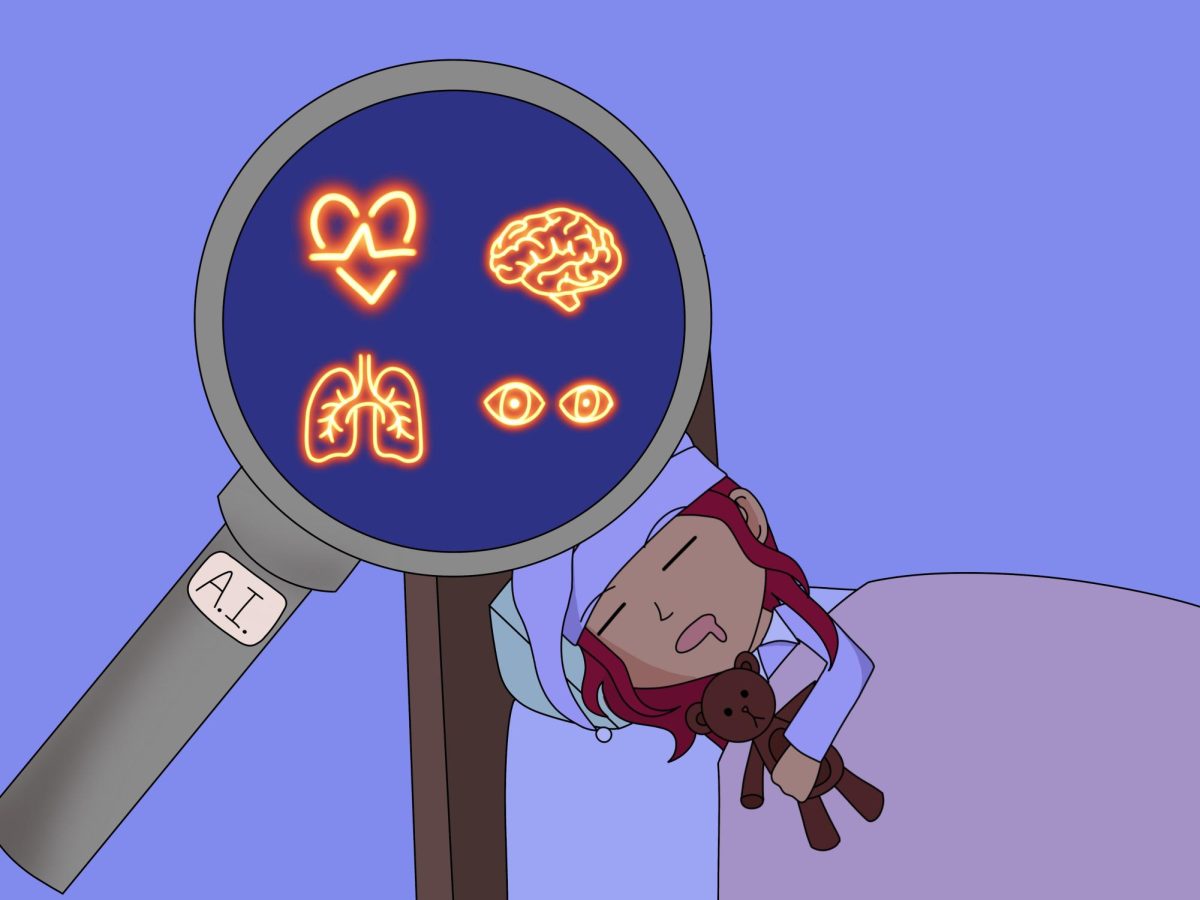Diseases like malaria, West Nile virus and Zika fever all have one thing in common — pesky mosquitos spread them across populations and infect people.
Over one million people worldwide die from diseases caused by mosquitos each year, according to Mosquito.org. Third world countries also face the brunt of this as many of these diseases can be preventable with certain measures, but these areas lack access to proper and consistent resources.
There have been many approaches to try and control mosquito populations, such as insecticides, however a new study has taken a genetic-based approach to the problem.
Oxitec Ltd. created a strain of Aedes aegypti mosquitos that contains a dominant lethal gene. By releasing these mosquitos into areas with large mosquito populations, the crossbreeding of these modified mosquitos and native mosquitos can create sterile offspring, which overall reduces mosquito population size.
In the study, the researchers released these mosquitos into Jacobina, Bahia and Brazil. After releasing the modified strain, it was seen to be effective in “reducing populations of Ae. aegypti by up to 85%,” according to a study in Scientific Reports.
Mosquito population decreased initially but returned to pre-release levels after about 18 months, which could be attributed to mating discrimination. However, more research is still needed to confirm this.
Genetic engineering is a type of technology that was first used in the early 1970s and has since then been quite controversial. In particular, many people are more conscious of the kind of food they eat and whether it is organic.
Organic foods do not have any GMO products involved in the growing or developing process. Therefore, on an organic farm, the seeds, cow feed and more all have to be organic.
Despite the stigma behind the technology, the idea of genetic modification has been around for thousands of years. Selective breeding of plants to grow larger fruits and vegetables is a type of genetic modification that has occurred since the dawn of time, and while science takes a more “hands-on” approach by selecting individual genes and transferring them between organisms, the same basic concept is applied.
By genetically engineering mosquitos to carry a dominant lethal allele, the use of insecticides that are harmful to plants, animals and sometimes even humans in large quantities can be avoided.
Especially in third world countries, these chemicals can pose a huge risk to small-scale farming and wildlife. Additionally, this method to control mosquito population, when successful, requires no large amount of maintenance to keep levels low.
This study takes a fairly new approach to addressing the overwhelming mosquito issue, so the effect of this genetic manipulation in areas like disease transmission are still unknown.
One concern that scientists do need to keep in mind is the negative effect on natural ecosystems this action may have.
However, scientists should continue to look into this avenue of genetic modification because it seems to be a viable way to address the growing mosquito-borne disease epidemic.









